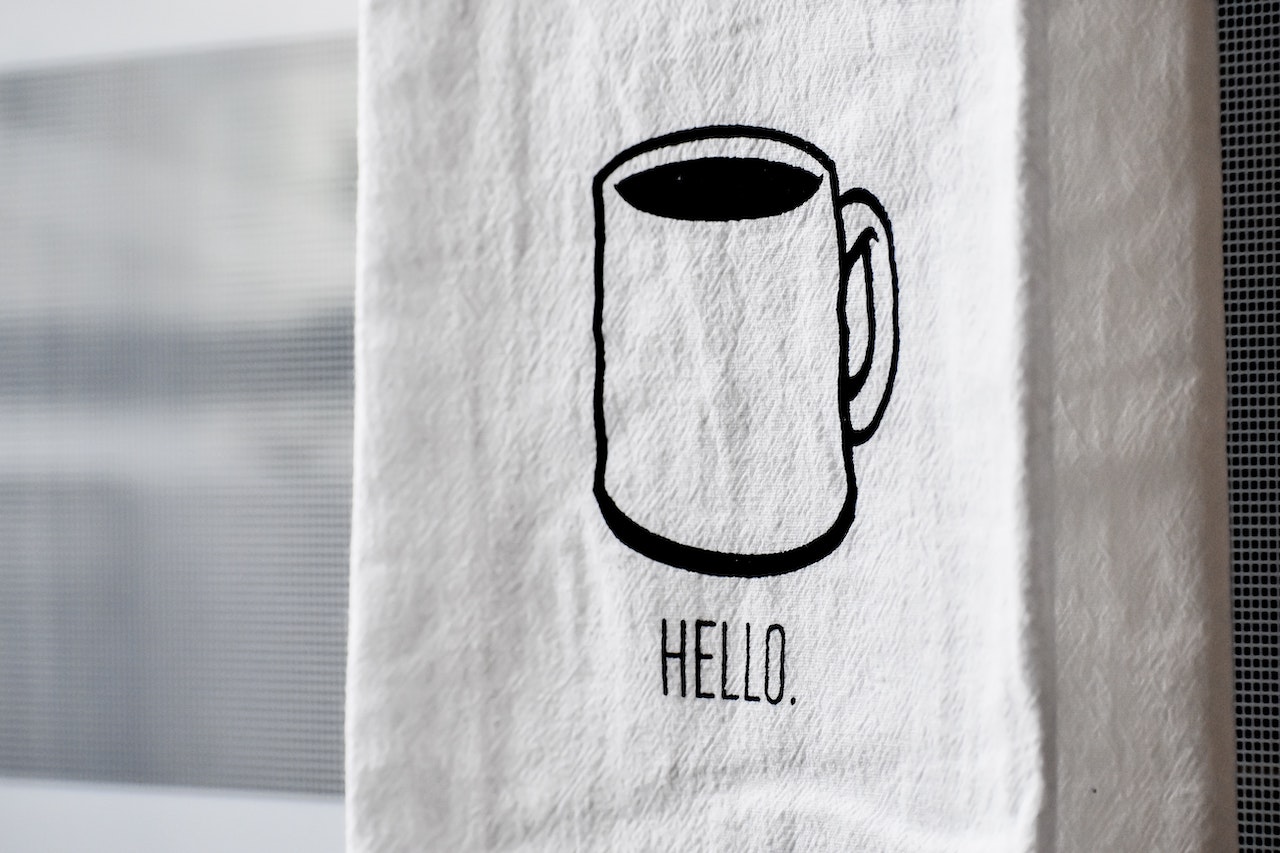
The best days, and relationships, begin with good coffee. Photo by Taylor Vick on Unsplash.
I’ve tried starting a personal blog a number of times over the past few years. Each time, I was stymied by one of two thoughts.
The first thought was, Why would anyone want to read what I have to write, anyway? Do I really have things worth writing and sharing with the world? There is a certain conceit associated with publishing, whether you’re publishing words, images, art, software, music, something tangible, anything really, and regardless of where and how you publish it. Especially in an age when everyone and their dog does content marketing, so that it almost feels like you’re more exceptional if you don’t.
It took a few years, but I eventually overcame this aversion. A dear friend helped me when he shared this surprisingly deep, powerful thought:
“Write not in order to be seen. Write in order that you may see.”
I don’t care how many people read the things I write here. I write for myself, not for others. Like all art, writing is a form of self expression. A way of exploring and understanding the things inside of me. (Having said that, I do hope that this site brings you some small amount of joy, or insight. If it does, please tell me!)
The second blocking thought was perfectionism. I’ve kept a personal journal for as long as I can remember, and I dump my thoughts, my stream of consciousness, into it quite often. But there’s a fundamental difference between a private journal and something that’s published, something visible to the world. Publishing is, in a sense, to make oneself vulnerable: to reveal a part of oneself to the world.
For the past few years I’ve been blogging, mostly about blockchain-related topics, on Medium and, more recently, Etherean.org. However, the articles I publish there are relatively polished. They’re long form, require research, go through several revisions that take weeks or sometimes months, and they’re usually reviewed by some incredible friends and colleagues before being published—so I feel less vulnerable sharing them! (As one extreme example, one of the most recent articles, Autonocrats & Anthropocrats, took more than a year to write end to end, was reviewed by over a dozen people, and went through around ten revisions. Pocket tells me it’s 40 minute read.)
Applescotch is intended to be exactly the opposite. The things I write here will be a lot less polished. They’ll be more raw, more personal, and probably much shorter. They’ll be less well-researched and won’t include as many citations. And I’ll probably write about a hodgepodge of topics.
Recently, I’ve come to understand that vulnerability is a good thing, and that the ability to be vulnerable in front of other people is, among other things, how we communicate our shared humanity. It sounds paradoxical, but in this way vulnerability is actually a strength.
With those aversions resolved, it’s finally time to start this new project.
I also want to share my motivation for starting Applescotch. It’s somewhere between personal brand and self-sovereignty.
By “personal brand,” I mean figuring out the things that matter the most to me—i.e., my values and principles, the things I stand for, and by extension the things I dedicate my time to—and sharing my passion for those things. Of course, I’ve already done quite a bit of thinking and journaling about these things. But I may actually be able to gain more clarity on them by writing about them publicly. I find that my brain has two modes, and that the “private” mode tends to be sloppy and disorganized: “this is just for me, and I can always clean it up later”—whereas the public “personal brand” mode tends to be much more structured: “if I want others to have any chance of understanding this, it’s got to make sense.”
By “self-sovereignty” I mean that, regardless of the work that we do, it’s important that we all retain a strong sense of agency and identity. To be sure, the projects we work on, the company we work for, etc., may be a significant part of our identity, but it should not be the core of our identity. I am not defined by my work, and neither should you be. I chose to delete my LinkedIn account a couple of years ago because I did not want to be defined by a neat, formulaic set of boxes that someone else devised—the schools I attended, the things I studied, the places I’ve worked.
Before we’re able to take part in a healthy relationship, we first have to be comfortable with who we are, with our values and our needs. This is no less true for the work that we do. Before we can make any meaningful contribution to a project, an organization, or the world in general, we have to be clear, with ourselves and with others, about the things that we stand for. This is more true today than ever before, as over the course of a modern career you’re likely to hold many different roles on many different teams. You are the protagonist, not a bit player in the story of some large firm. You don’t work for anyone. You may work with many people, but you work for yourself, and for whatever it is that motivates you.
You can think of Applescotch as my long-long-form answer to the question, “Who are you?” It’s my way of attempting to answer these most difficult questions about myself. I hope that it brings you some answers, as well.